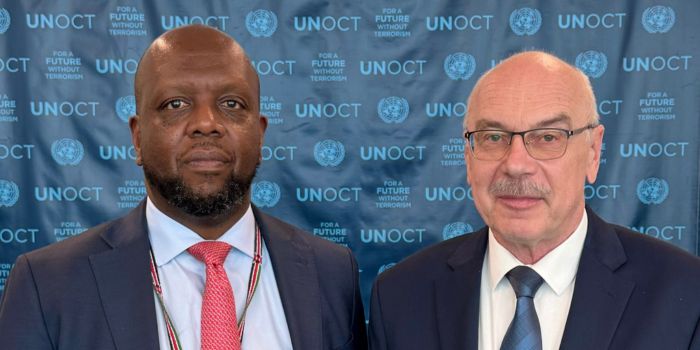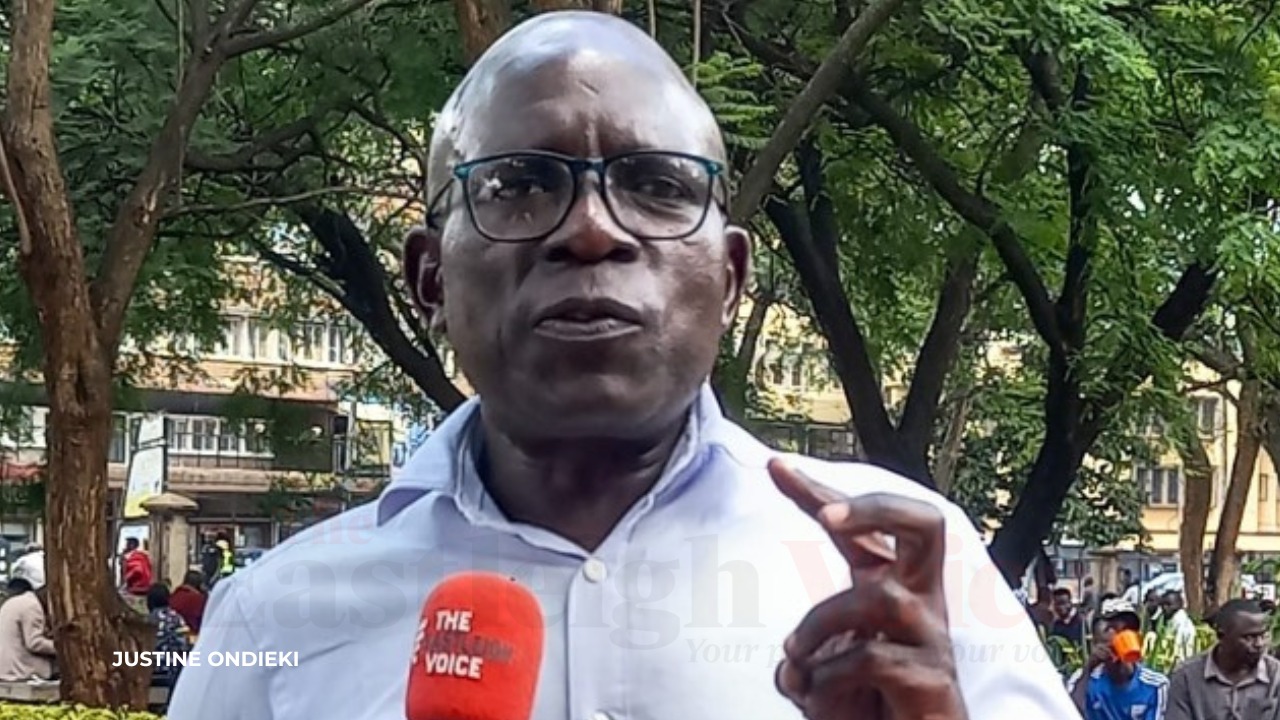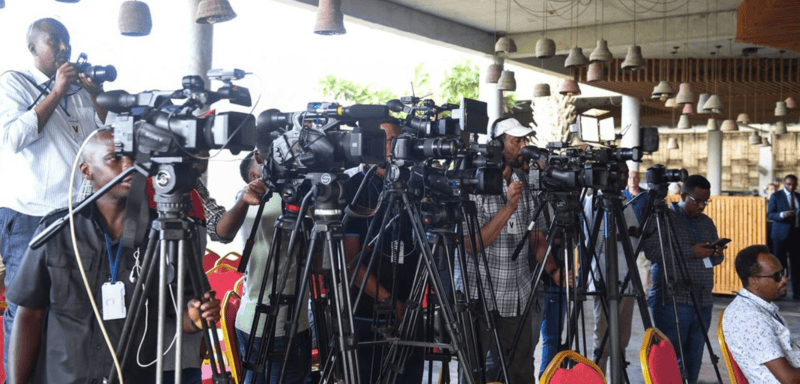Kenya’s UN envoy Martin Kimani ends tenure in New York

Ambassador Martin Kimani said he was “proud to have served Kenyans for 12 years, in diplomacy, counter-terrorism, regional security, and mediation.”
Kenya's top ambassador to the United Nations announced on Monday that he had ended his tour of duty after more than three years at the helm of the mission in New York.
“Today, I end my term as Kenya’s Permanent Representative after 1,257 days. I was honoured by H.E. Uhuru Kenyatta’s appointment and retention by H.E. William Ruto,” Martin Kimani posted on the X platform.
More To Read
Kimani wrote that he was “proud to have served Kenyans for 12 years, in diplomacy, counter-terrorism, regional security, and mediation.”
“I love Kenya,” said the ambassador, who has been appointed the new executive director of the New York University Centre on International Cooperation (CIC).
Kimani’s final act at the global body was delivering Kenya’s vote on Friday for Palestine’s full membership at the United Nations.
Nairobi endorsed Palestine's bid for full UN membership, acknowledging that it is qualified to join and urging the UN Security Council (UNSC) to reconsider the matter favourably.
The vote, conducted by the 193-member United Nations General Assembly, served as a global measure of support for Palestine's aspirations for statehood, following the recent US veto in the UNSC.
After the vote, Kimani said, “We can no more deny others who legitimately seek self-determination than we can deny our nature as a country made from an independence struggle.”
The resolution, adopted by the assembly with 143 votes in favour and nine against (including the US and Israel), with 25 abstentions, does not grant full UN membership to Palestine but recognizes its eligibility to join.
The resolution asserts that "the State of Palestine … should therefore be admitted to membership" and "recommends that the Security Council reconsider the matter favourably.”
The diplomat, formerly Kenya’s National Counter Terrorism Centre boss, gained global attention in February 2022 for denouncing Russia’s recognition of two pro-Russian breakaway regions in Ukraine as “independent states.”
Russia had sharply escalated its military campaign against Ukraine, recognising the Donetsk People’s Republic (DPR) and Luhansk People’s Republic (LPR) in Ukraine’s eastern Donbas region before ordering troops into the territories.
Kimani drew on Africa’s history to caution against clinging to colonial legacies, highlighting the risks of “new forms of domination and oppression.”
“This situation echoes our history. Kenya and almost every African country was birthed by the ending of empire,” the outgoing ambassador said in a speech at the UNSC.
“Our borders were not of our drawing. They were drawn to the distant colonial metropoles of London, Paris, and Lisbon, with no regard for the ancient nations that they cleaved apart.”
Kimani served as the secretary of the Building Bridges Initiative and the president of the UNSC for the month of October 2021.
He led the council to the Sahel, where troubled Mali and neighbouring Niger were struggling with insurgencies, on top of their domestic political uncertainties.
Top Stories Today












































